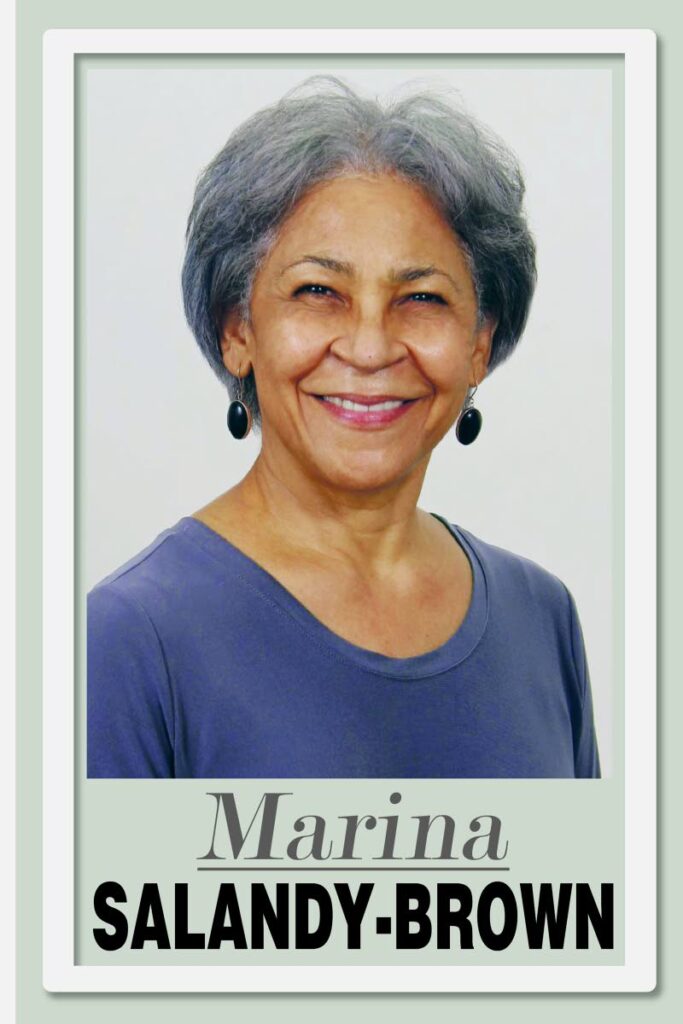A game of cat and mouse

What does Vladimir Putin want out of the Ukraine impasse? Even a megalomaniac could not seriously be seeking an all-out war. The price is just too high, and Russia denies such an ambition. Putin’s current threat to Ukraine is just another salvo in the long-term plan to hinder Ukrainian independence and development. It is also an opportunity to unsettle Western allies. Interestingly, China is strategically coming along for the ride. We might soon have to face the fact that the axis of power is changing in favour of an eastern Ruso-Chinese alliance.
The West has been diminished by the US’s recent political experiment with populism and the chinks in its democratic armour have been laid bare. Trust in the US has also been lost after the unseemly unwillingness of a president to accept the results of an election, the US’s inhumane treatment of Hispanic refugees and its involvement in recent Middle East armed conflict, including Afghanistan. Now President Biden wants to retain frozen assets for victims of 9/11, notwithstanding the destitution of the Afghani people.
Meanwhile, Russia is super oil and gas-rich and Europe is beholden to the Russian state for energy supplies. Russia is geographically massive and has sophisticated war materials intended to assuage the bad taste in Putin’s mouth over the rapid demise of the USSR. He is putting a lot of roubles into cyber warfare and disruptive technology, making Russia a thoroughly negative force. Its political system is dishonest, spouting empty democracy rhetoric while oppressing all opponents, and it is now a cultural has-been as well. Russia is not leading the way in the advancement of science or improvement of the human condition, rather its focus is ramping up its nuisance value. It is worth comparing with the other negative force, North Korea, which has much less to bargain with except its increasing nuclear capability and the fear that its dictator could do something stupid. North Korea, nevertheless, is a pretender with impostor syndrome that commands attention. Both countries give us hives.
At the same time, the West has to reckon with China because China sneezes and we all catch a cold, or even coronavirus. China has 1.3 billion people, more industry and pollution than anyone else and is the world’s second most successful capitalist state (although that description may not please), while its premier is a staunch born-again Maoist style communist, completely dedicated to the party, its rigours and disciplines, and who will not bow to foreign entreaties for China to reform its human rights policies. During my 2016 month-long visit to three Chinese provinces, I wondered how the political system would manage the extreme indulgence of new-found wealth. Almost gone were the well-known images of China’s rural economy. Everywhere urban development was the noisy reality, with workers not stopping at night in order to complete massive projects. The drinking, clubbing and gross consumption made me imagine NY and Chicago in the roaring 20s. China’s political and social systems seemed on a collision course.
We all know that capitalism is driven by self-interest, even self-obsession, while communism is the opposite. Yet, in the interim years, Xi Jinping has succeeded in imposing control upon runaway capitalism. International commentators opine that he is killing the goose that begat China’s enormous economic and financial prosperity, with GDP falling and the growth rate too. However, he has managed to deepen the hold of the party on the populace while allowing the middle class to continue to thrive. It is hard to believe that in 1949 the life expectancy of a Chinese male was 31. Last year China declared the country rid of absolute poverty. That’s an extraordinary achievement in 70 years.
I guess what we are seeing in China is the most ugly aspect of capitalism – the “I’m okay” mentality. People don't care about the political reality which has little effect on their day-to-day, comfortable lives; nobody pays attention to the plight of the detained-for-brainwashing Chinese Uighurs. The new, relative freedoms, international muscle-flexing, plans to bring Taiwan and Hong Kong into the fold are all part of keeping the newly affluent onside. Keeping the US in check is also key, so why not deepen friendship with its most apparent detractor, Russia?
What China and Russia have in common is that their leaders believe in the power of the personality cult, and in one-party rule. They do not want to be lectured to by the US, which no longer enjoys beacon status with regard to prosperity and opportunity. My reading is that the two are successfully rattling the West’s cage. Europe has its cleavages and Britain’s Brexit induced powerlessness is clear (witness the Russian foreign secretary recent insult to his visiting female British counterpart over Ukraine at a Moscow press conference), but if Putin’s deeper intention was to weaken NATO as an alliance, he has achieved the opposite, because the reality of this clear, new realignment of global powers will certainly deepen NATO’s resolve and justify its existence. The stakes have been raised.


Comments
"A game of cat and mouse"